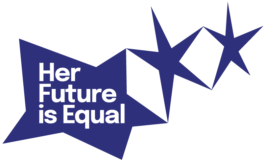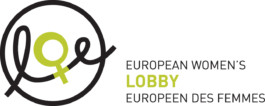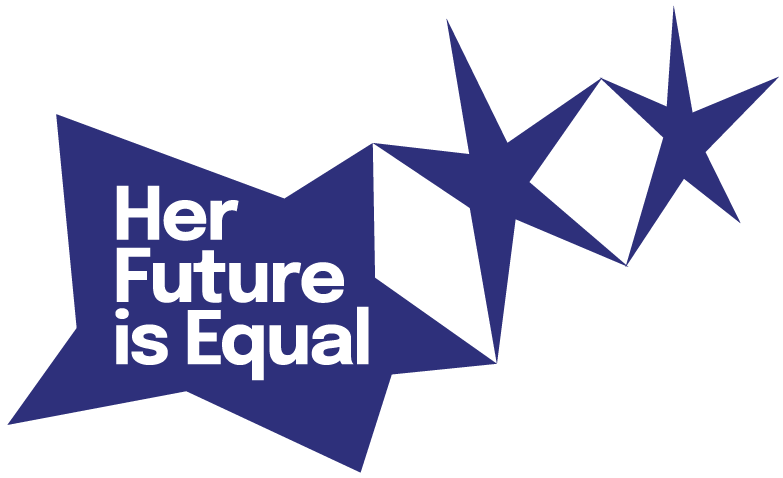
Her Future is Equal: the Equality Model to combat sexual exploitation
On Wednesday 21st April the European Women’s Lobby and other partners of the Brussels’ Call will be launching our new campaign, Her Future is Equal, calling for action to realise a European Union free from sexual exploitation and human trafficking, specifically through new legislative action. We promote the Equality Model as a proven approach to combat the complex issue of sexual exploitation.
The Her Future is Equal campaign will be run not only at EU level but also in several Member States where our partners and members are working for legal reforms to adequately tackle the sex trade, including Belgium, Croatia, Greece, Hungary, Lithuania, Malta and Spain, bringing our messages to their public and political audiences.
This event will feature the voices of civil society experts, a survivor of prostitution, a frontline service provider, Members of the European Parliament, representatives of the European Commission and UN CEDAW Committee.
During this event, participants will have the chance to hear from experts about the reality in prostitution in Europe and beyond, civil society calls to action and what key political actors are doing to challenge these European crimes.
Session 1: The Reality of prostitution in the EU and calls to action
Prostitution and human trafficking are interlinked phenomena that exploit the most vulnerable and at-risk in our societies. Yet, there is so much we can do through adequate resourcing, supports and collaborative efforts to change these patterns of violence and exploitation.
In this panel, we will hear from experts in their field talk about what the reality of prostitution looks like from their perspective, whether as a survivor of the sex trade, a coordinator of an international network, frontline service provider, activist or policy specialist.
Participants will hear testimonials, facts and figures that depict the reality of the sex trade, and many ideas for what can be done at national and international level to change this reality into a more positive vision for the future.
Session 2: Stepping up commitments to end sexual exploitation and trafficking
A systemic issue requires a systemic response, which is why it’s so important to what political leaders can do to tackle not only the apparent violence of the sex trade but also the underpinning causal factors that lead to the exploitation and trafficking of women and girls.
The Commission has just released its new Strategy on Combatting Trafficking in Human Beings, which provides its plans and recommendations to Member States for actions until 2025 to end trafficking. We will hear about priorities within the Strategy, how it can best be implemented, and ideas in how the European Parliament can support us in going further to tackle the wider system of sexual exploitation, which is also recognised as a European crime but not yet legislated for.
The UN CEDAW Committee recently released its General Recommendation 38 on Trafficking in the Context of Global Migration, further recognising the links between prostitution and trafficking and the need for an “end-demand” approach; we will hear more about the implications of this for Member States and opportunities for action in its wake.
For more information, contact: catriona.graham@womenlobby.org; www.BrusselsCall.eu






